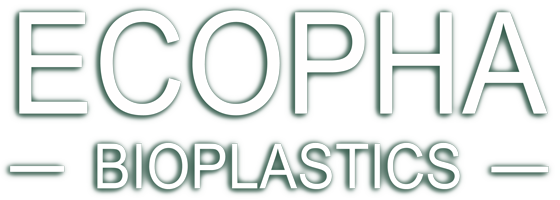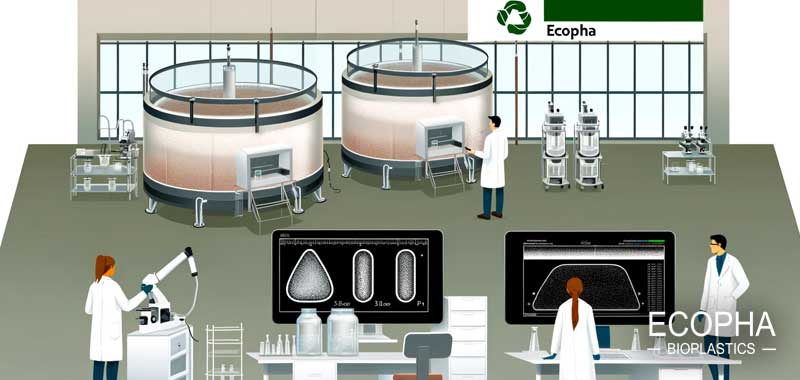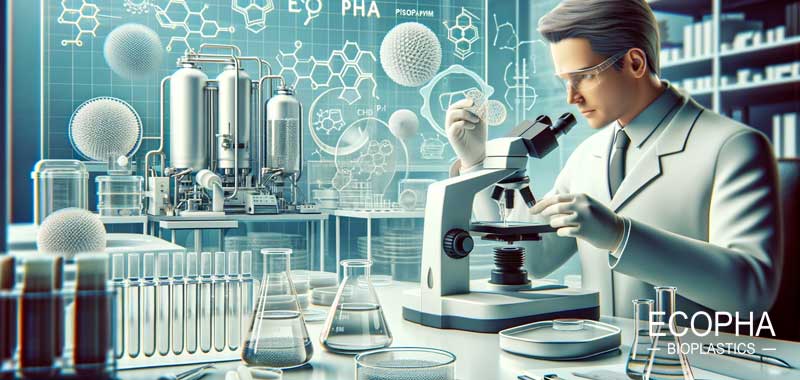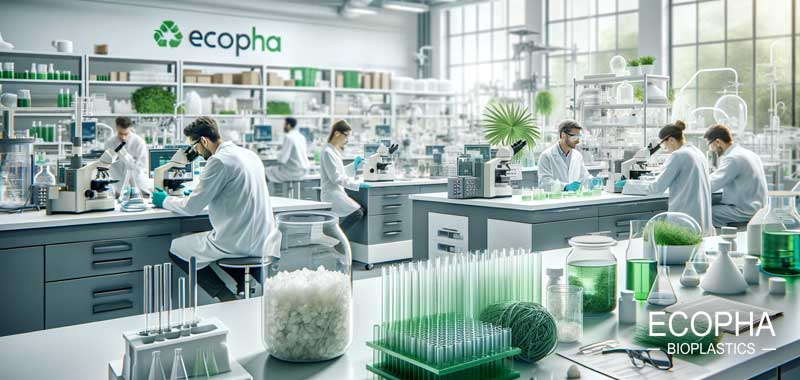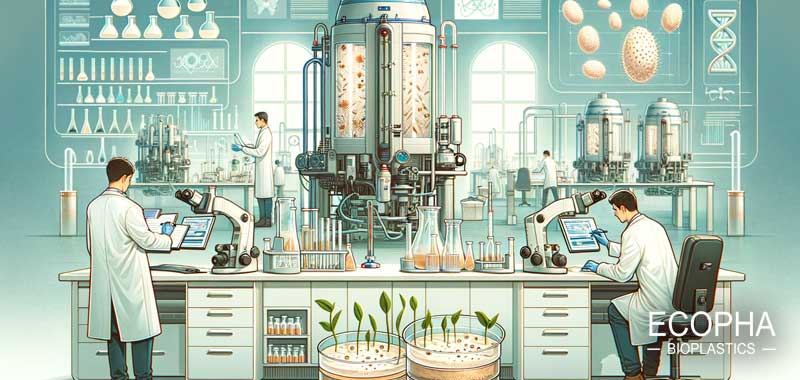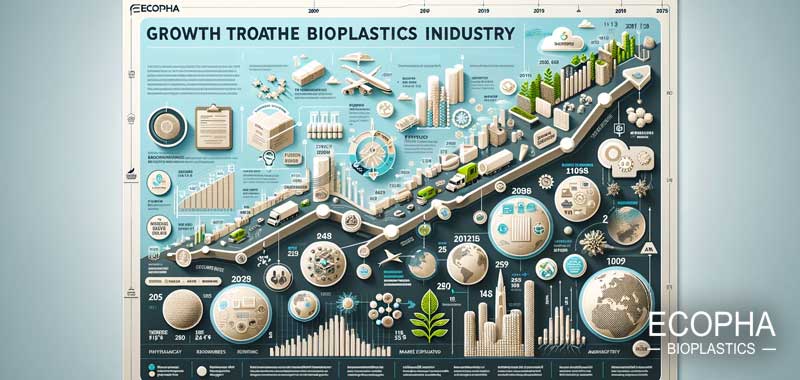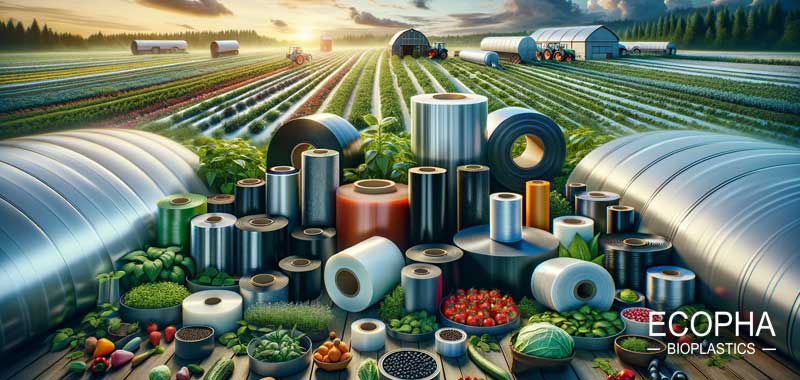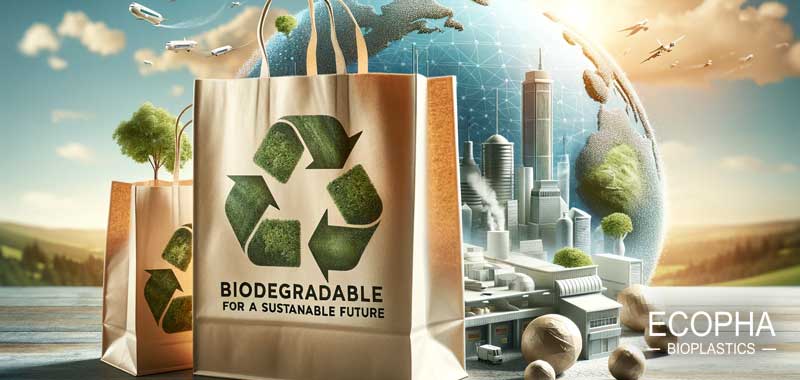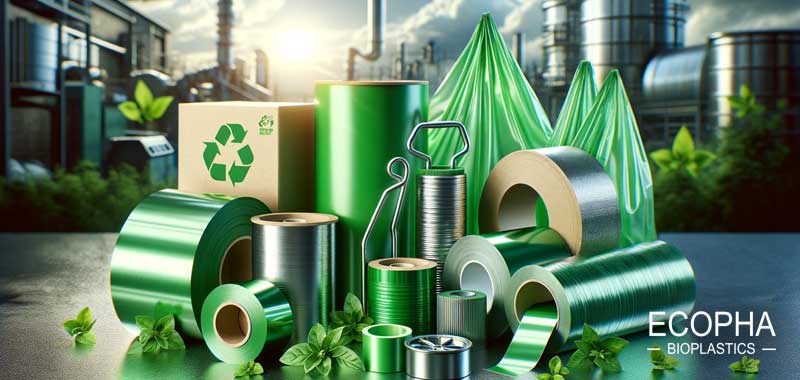Microbial Mastery: Harnessing Chassis Bacteria for Bioplastics
Ecopha is pioneering the use of chassis bacteria in bioplastic production, unveiling new horizons in microbial technology for sustainable materials.
Ecopha's dedication to innovative bioplastic production leads us to harness the power of chassis bacteria, a revolutionary step in the realm of microbial technology. In our 'Chassis Bacteria' section, we reveal how these microorganisms are instrumental in creating eco-friendly bioplastic materials.
Chassis bacteria are specially engineered microbes, optimized for the production of biopolymers like PHA (Polyhydroxyalkanoate). These microorganisms consume various renewable feedstocks, transforming them into valuable bioplastics through efficient biosynthesis processes. This approach not only offers a sustainable alternative to conventional plastics but also paves the way for diverse applications of bioplastics in the market.
Store events
Features Highlight
Revolutionary Microbial Technology, Sustainable Biosynthesis of Bioplastics
Overview
Microbial Innovators in Bioplastics
Advantages & Benefits
Eco-Friendly Production Process, Enhanced Bioplastic Quality and Efficiency
Our research and development team at Ecopha focuses on enhancing the yield and efficiency of these bacteria, ensuring that our bioplastic products meet the highest standards of quality and sustainability. We are exploring various genetic and metabolic engineering techniques to optimize these bacteria for large-scale bioplastic production.
FAQs
What role do chassis bacteria play in bioplastic production?
They are genetically engineered to efficiently produce biopolymers from renewable resources.
How does this microbial technology benefit the environment?
It offers a sustainable, low-impact method for producing biodegradable plastics.
What advancements is Ecopha making in chassis bacteria research?
Ongoing research in genetic optimization for higher yield and efficiency.

